Cutting-edge research and agenda setting ideas of Bournemouth University Disaster Management Centre (BUDMC) were presented at a dedicated BUDMC panel delivered at the 59th Convention of the International Studies Association (ISA – widely regarded as the leading global academic association dedicated to international studies) in San Francisco, California, USA on 7 April 2018.
The panel, chaired by Professor Lee Miles (Professor of Crisis and Disaster Management) was awarded after a highly competitive submission process. The panel together combined a Professor, a Senior Research Fellow (Dr Henry Bang) and three BUDMC PhD candidates (Michael Clark, Grace Kingsbury and James Stride) to deliver papers on their respective research in disaster management. The panel was distinctive in that the panellists also had significant experience, not just in the academic study of disaster management, but also in working in the field and in the crisis management industry – thereby representing practical examples of co-creation and the thriving research environment at the Disaster Management Centre here in Bournemouth.
The panel called ‘Ruling in Unruly Times? Foreign Policy Dynamics of Disaster Management’ opened with a jointly co-authored paper by Professor Lee Miles, Dr Henry Bang and Michael Clark on understanding resistance factors and enhancing entrepreneurial resilience in disaster management in Ghana that represented unique research findings from the BUDMC’s acclaimed AFRIGATE project. This was followed by research papers delivered by BUDMC PhD candidates on ‘Synthesizing Foreign Policy Considerations and Health Systems Resilience’ in Africa’ (Michael Clark), ‘The International Dimensions of Maritime Disasters’ (James Stride) and a co-authored paper by PhD candidate, Grace Kingsbury and Professor Lee Miles, on ‘The Scandinavian Foreign Policy Collective: Managing Greater Imperatives of Resilience and Safety’ – that each demonstrated the depth of international-focused work undertaken by BUDMC researchers. The panel were subject to notable scrutiny by a discussant, and a vibrant debate; and the papers were warmly welcomed by an international audience of prominent academics from the field of international studies. The papers will form the basis of manuscripts to be submitted to key journals by summer 2018.
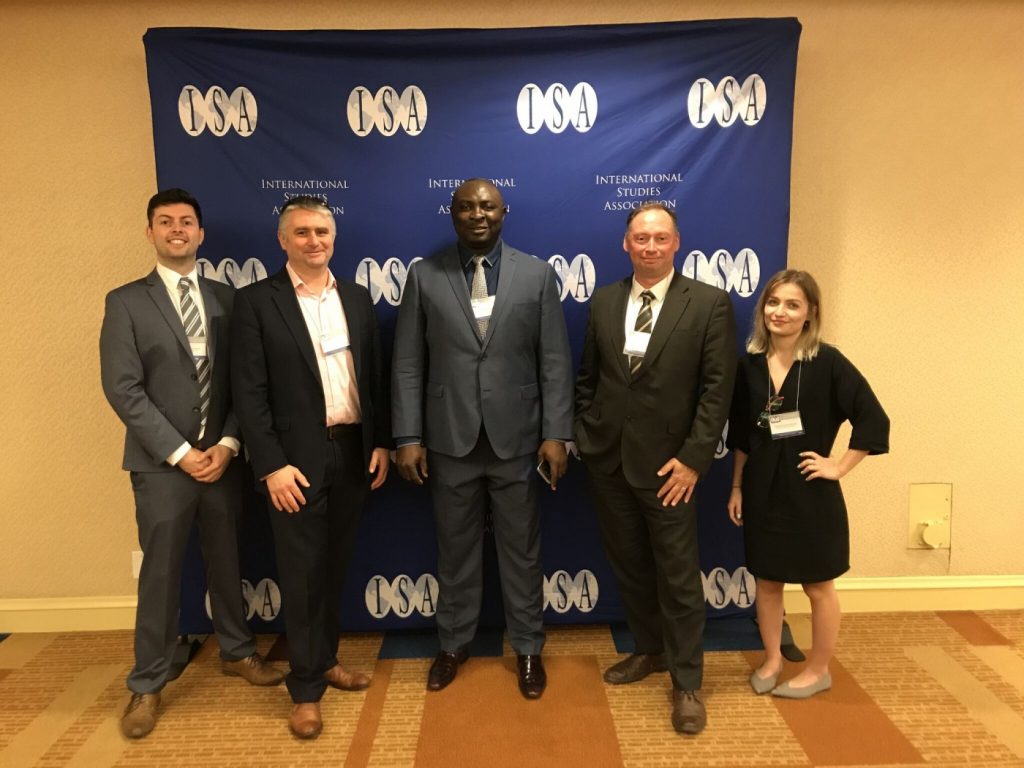
For more information, contact Professor Lee Miles (lmiles@bournemouth.ac.uk) or Dr Henry Bang (hbang@bournemouth.ac.uk).

 The deadline for expressions of interest for Leaders for UOAs 2 and 3 has been extended to Monday 16 April at 5pm. EoIs should be sent by email to
The deadline for expressions of interest for Leaders for UOAs 2 and 3 has been extended to Monday 16 April at 5pm. EoIs should be sent by email to 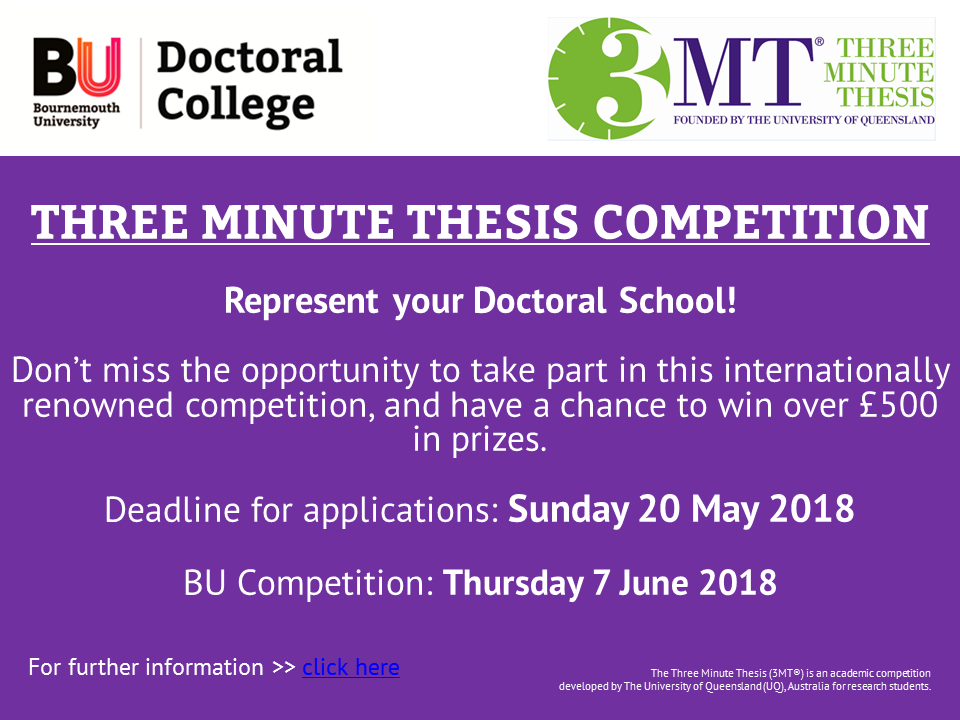


 An exciting new research project will be launched this Saturday and the team is getting ready. Last November during the ESRC Festival young people told us what they liked doing outdoors. Next Saturday the research team from across BU will be releasing the top ten favourite things that young people enjoyed outdoors on a rock drop in partnership with Bournemouth Rocks. Young people can find out the results of our research and help develop our study by logging their finds and sharing their use of green space with the research team – Dr Holly Crossen-White, Dr Nathan Farrell and Dr Angela Turner-Wilson. The Rock Drop site will be released on Friday on social media
An exciting new research project will be launched this Saturday and the team is getting ready. Last November during the ESRC Festival young people told us what they liked doing outdoors. Next Saturday the research team from across BU will be releasing the top ten favourite things that young people enjoyed outdoors on a rock drop in partnership with Bournemouth Rocks. Young people can find out the results of our research and help develop our study by logging their finds and sharing their use of green space with the research team – Dr Holly Crossen-White, Dr Nathan Farrell and Dr Angela Turner-Wilson. The Rock Drop site will be released on Friday on social media 


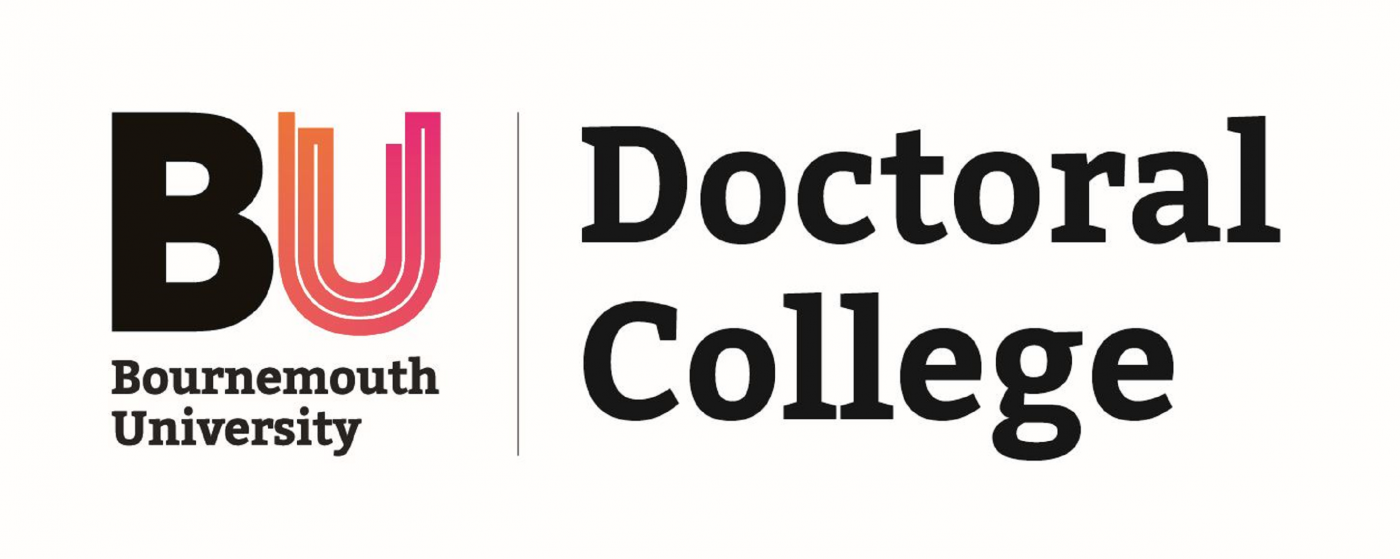


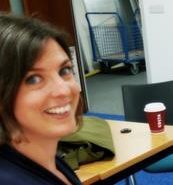


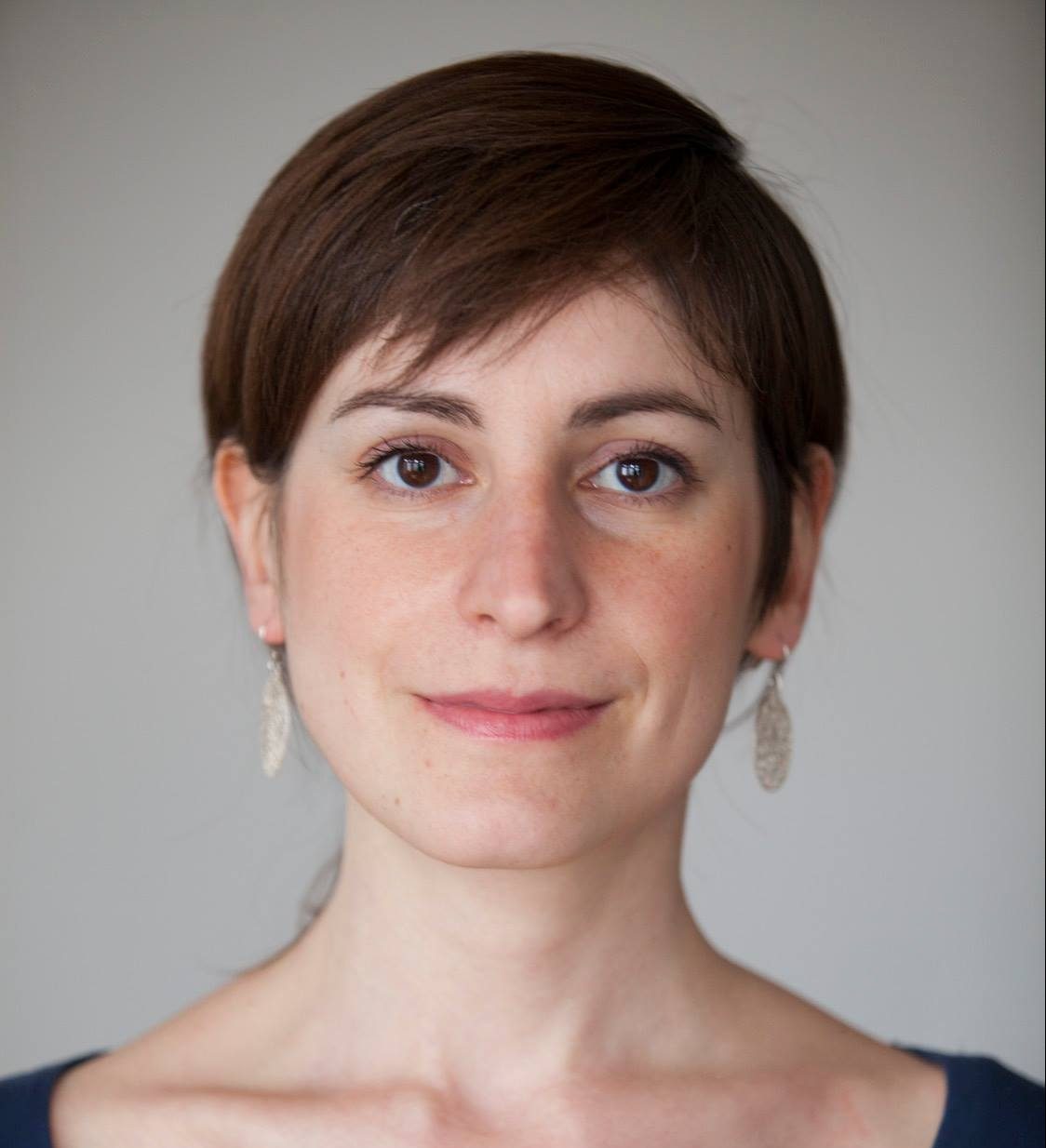


 With the official launch of the UKRI last week, they now have a new website. Visit it here:
With the official launch of the UKRI last week, they now have a new website. Visit it here:  We’re excited to announce that we are joining forces with Pint of Science again this year to bring science back to the pubs of Bournemouth.
We’re excited to announce that we are joining forces with Pint of Science again this year to bring science back to the pubs of Bournemouth.










 Bournemouth University psychologists publish new book
Bournemouth University psychologists publish new book Connecting Research with Practice: FoodMAPP Secondment in Austria and France
Connecting Research with Practice: FoodMAPP Secondment in Austria and France Health promotion paper read 8,000 times
Health promotion paper read 8,000 times The Beautiful Work Challenge: On Birth
The Beautiful Work Challenge: On Birth Free event on Solutions to Inequalities in Dementia Diagnosis and Care
Free event on Solutions to Inequalities in Dementia Diagnosis and Care MSCA Postdoctoral Fellowships 2025 Call
MSCA Postdoctoral Fellowships 2025 Call ERC Advanced Grant 2025 Webinar
ERC Advanced Grant 2025 Webinar Horizon Europe Work Programme 2025 Published
Horizon Europe Work Programme 2025 Published Horizon Europe 2025 Work Programme pre-Published
Horizon Europe 2025 Work Programme pre-Published Update on UKRO services
Update on UKRO services European research project exploring use of ‘virtual twins’ to better manage metabolic associated fatty liver disease
European research project exploring use of ‘virtual twins’ to better manage metabolic associated fatty liver disease